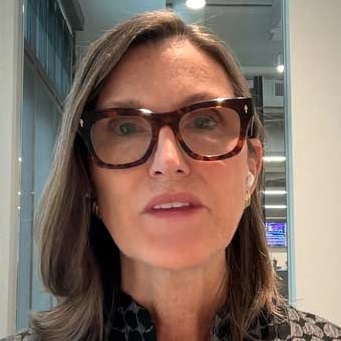But December looks like being more favourable for the region. As of December 16th the Latin American markets had risen 1.4% while global markets and emerging markets in general had registered falls of 2.9% and 1.6% respectively.
The Brazilian market did particularly badly in November with a rise of 0.1% but it had registered a gain of 2.4% this month as of December 16th. In contrast, Argentina
gained 4.4% in November but fell 2.6% in the first two weeks of December.
From a macroeconomic perspective the region is by far the weakest in the world. But although it is experiencing the worst downturn in a decade its prospects for next year seem to be better. A recent report by Morgan Stanley, an investment bank, said it was: “guardedly optimistic in 2003 for Latin America. Signs of a recovery in the US, combined with positive actions from the new policy-making [team] in Brazil should permit the region to avoid further deterioration on the back of the downturn in 2002”.
What is less clear to many observers is that Latin America can also have a tremendous impact on global markets. For example, the Venezuelan crisis had led to a sharp increase in oil prices. Naturally the prospect of a war in Iraq is also a factor. But it should not be forgotten that Venezuela, the fourth largest oil producer in the world, accounts for 14% of American oil imports.
Brazil improvement
There are clearly signs of improvement for the Brazilian economy. In particular, Brazil’s currency, the real, has stabilised since the victory of Lula, who many saw as a radical leftist candidate, in the presidential elections. But it should not be forgotten that the real has fallen 35% against the dollar since the start of the year. This exchange rate is tremendously important for the country as 40% of its debt is denominated in dollars.
Inflation has become the Brazilian government’s main concern. Consumer prices rose by 10.9% in the year to November - the first time the country's inflation rate has been in double figures since November 1996. According to Morgan Stanley: “an inflation-currency spiral - in which a bout of inflation prompts currency weakness, which in turn produces greater inflation – is particularly worrisome”.
As a result of this problem the Brazilian central bank was forced to raise interest rates by three percentage points on December 18th. Such action, although necessary, is likely to make economic recovery more difficult.
Finally, the outlook for Argentina seems to be deteriorating. The country has defaulted on one of its payments on a World Bank loan, the president of the central bank has resigned and talks with the International Monetary Fund are at an impasse.
Outlook
Investors are likely to be unnerved by the combination of the crisis in Venezuela, the risk of hyperinflation in Brazil and the default in Argentina. But to some extent the market has already discounted these developments. In the near future the region’s prospects will depend not only on domestic events but also the strength of the American recovery.























